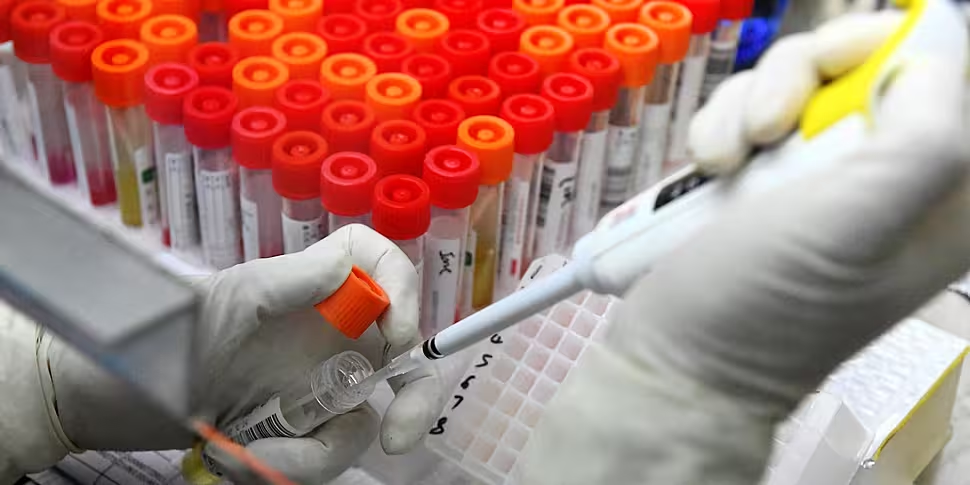It's still uncertain how high COVID-19 hospital figures will go before they start to get better, an immunologist says.
Prof Paul Moynagh says the Delta variant, breakthrough infections, the time of year and increased socialisation make it "very difficult to be precise about high the numbers will go".
The number of COVID-19 patients in hospital and ICU has now reached levels not seen since February and March, while the five-day moving average of new cases remains above 2,000.
Figures released by the HSE last night showed 500 patients with the virus were being treated in Irish hospitals last night.
As of yesterday, there were 99 patients in intensive care.
Professor Moynagh - Professor of Immunology and Director of the Kathleen Lonsdale Institute for Human Health Research at Maynooth University - told Newstalk Breakfast those numbers are likely to increase.
He said: “There’s some uncertainty in terms of how bad and how high the numbers will go.
“We haven’t experienced the Delta variant in the autumn before. We’re also experiencing these breakthrough infections as we move longer beyond our second vaccinations - some of us become more susceptible to infections. Then there’s the increased socialisation and the time of the year.
“The numbers are probably likely to increase, but it’s very difficult to be precise about how high the numbers will go.”
Minimising transmission
Professor Moynagh has previously said he believes there are signs of a seasonal element to COVID-19.
He observed: “One of my concerns was the back-ending of everything, especially [leaving] the complete opening to the winter months.
"That was always, in my view, going to be a difficult thing to do because of the increased transmission during the winter months and the schools being open.”
However, he said we are now where we are, and the goal is to minimise transmission.
He suggested the ongoing push to get more people vaccinated will likely help ease the burden on hospitals, and he "absolutely" would support calls for healthcare workers to be prioritised for booster vaccines.
He said: “We have many healthcare workers in isolation, so that puts the health system under pressure.
"They were the first cohort to get vaccinated - we know the further we move from the second vaccine, the more susceptible we are to infection.”
Professor Moynagh said the current plans to give booster shots to older people and those with underlying conditions "will help significantly".
He also suggested there's likely a role for the likes of portable filtration systems in settings such as schools.









